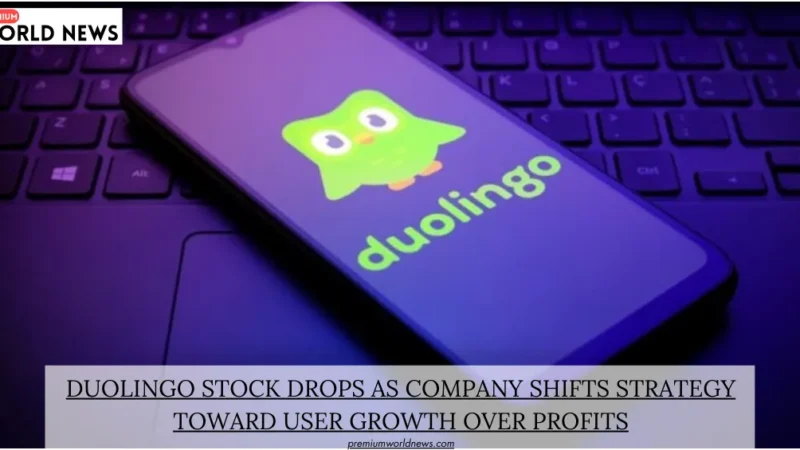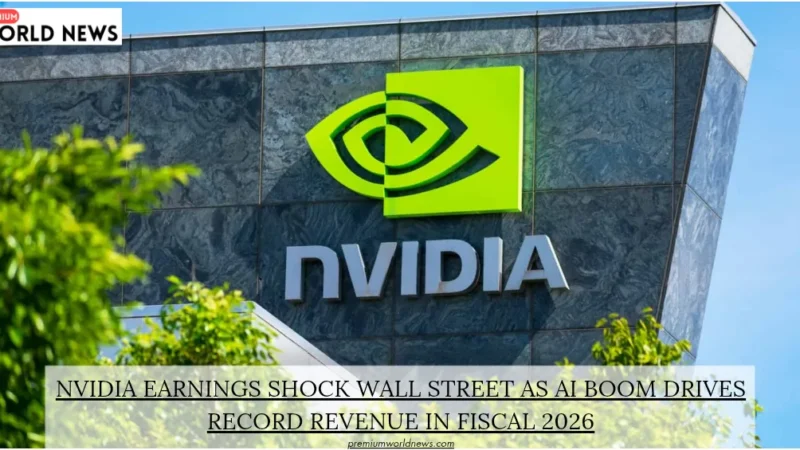Business Startups:
Virtual event planning:
With the rise of remote work, businesses need help organizing and managing virtual events.
Personalized nutrition and wellness:
Consumers are increasingly interested in personalized health and wellness plans that cater to their individual needs.
Eco-Friendly Cleaning Products:
Develop and sell cleaning products that are environmentally friendly and safe.
Urban Farming:
Build and operate an urban farm to provide fresh, local produce to urban areas.
E-Commerce Platform:
Create an online platform that supports small, sustainable businesses by connecting them to customers.
Sustainable Clothing:
Produce and sell sustainable clothing made from environmentally friendly materials.
Green Energy:
Develop and sell renewable energy solutions such as solar panels, wind turbines, or geothermal systems.
Recycling:
Start a recycling program that collects, sorts, and recycles various materials such as plastics, metals, and paper.
Eco-Tourism:
Establish an eco-tourism business that offers sustainable travel experiences and supports local communities.
Health and Wellness:
Launch a health and wellness company that provides natural and organic products and services.
Electric vehicle charging infrastructure:
With the increasing popularity of electric cars, there is a need for more electric vehicle charging stations.
Food delivery and meal kit services:
With the continued popularity of food delivery and meal kit services, there is room for new startups in this space.
Waste Reduction:
Develop and sell waste reduction solutions such as composting systems, biodegradable packaging, or reusable containers.
Online education and tutoring:
With the shift to remote learning, there is an opportunity for new startups in the online education and tutoring space.
Smart home technology:
With the rise of the internet of things, businesses that offer smart home technology solutions are in high demand.
Sustainability Trends for Tech Companies:
Green Data Centers:
Build and operate data centers that use renewable energy sources and implement energy-efficient technology.
Sustainable Supply Chain:
Implement sustainable practices throughout the supply chain, such as sourcing raw materials from eco-friendly suppliers and reducing waste.
IOT and Smart Cities:
Develop smart city solutions that use IOT devices and data analytics to optimize resource usage and reduce energy consumption.
Sustainable Transportation:
Develop electric or hybrid vehicles, or develop software for ride-sharing or carpooling services.
Energy Management:
Develop software or systems that help consumers and businesses manage their energy consumption more efficiently.
Sustainable Agriculture:
Develop technology solutions that optimize crop yields and reduce resource usage, such as precision agriculture tools or automated irrigation systems.
Circular Economy:
Develop technology solutions that enable a circular economy, such as recycling robots, or platforms that enable the sharing or reuse of resources.
Sustainable Packaging:
Develop eco-friendly packaging solutions that reduce waste and carbon emissions.
Clean Energy:
Develop renewable energy solutions such as solar panels or wind turbines.
Sustainable Construction:
Develop technology solutions that enable sustainable construction practices, such as green building materials or energy-efficient building management systems.









